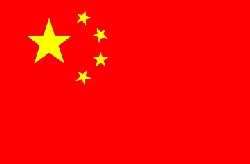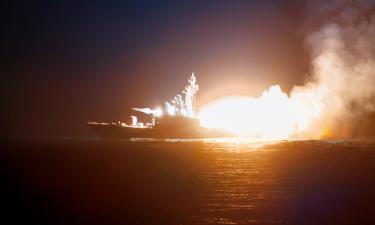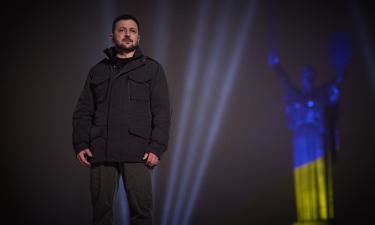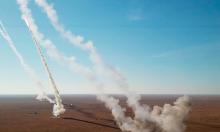China has been invited by US to watch military exercise
Adm. William Fallon, commander of U.S. Pacific forces, said that during a weeklong visit he urged Chinese military leaders to help open direct communications and build confidence between the two militaries, which have only sporadic contacts.

Fallon said Chinese officials expressed interest in closer ties but didn't immediately respond to the invitation to attend the exercises next month in Guam. And he said they expressed dismay at a Pentagon report that called Beijing a potential threat.
"We are moving forward. It is obvious we have the consensus and endorsement of senior leadership on both sides," Fallon said at the end of a four-day tour that included meetings with China's defense and foreign ministers and visits to several military bases.
The Chinese reception for Fallon and his invitation were unusual bright spots in military ties that have never been close and were broken off following the 2001 collision of a U.S. Navy plane and a Chinese fighter jet off China's southern coast.
U.S. President George W. Bush's administration has called for closer military ties. But American officials including Secretary of Defense Donald H. Rumsfeld have expressed unease about Beijing's intentions. They complain that China's military is too secretive, reluctant to reciprocate tours of sensitive U.S. facilities with equal access to Chinese command center.
Despite public expressions of suspicion and different political systems, the two sides appear to be ready for more regular interaction, said Reimund Seidelmann, a specialist on the Chinese military at Germany's Giessen University.
"There is at least a window of opportunity. It would be stupid not to use this," Seidelmann said. Among his recommendations to improve ties were an exchange of observer missions or letting Chinese officers attend Western military colleges, the AP reports.
Fallon said he pointed out to Chinese officials that U.S. law limits cooperation with the People's Liberation Army, and he appealed to China for gestures that would support his lobbying Congress to ease such restrictions. A 2000 law limits interaction to humanitarian and what the Pentagon calls "other non-warfighting" activities.
Subscribe to Pravda.Ru Telegram channel, Facebook, RSS!




